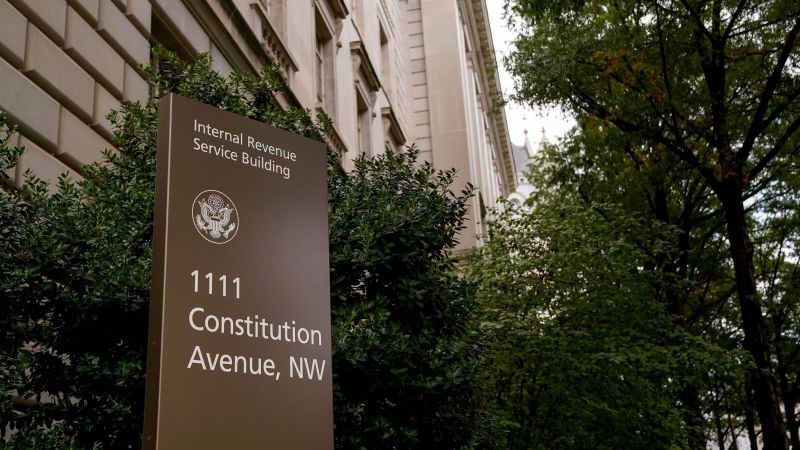
The Internal Revenue Service (IRS) has announced a significant milestone in its efforts to collect past-due taxes from high-income earners. The agency reported that it has collected over $1 billion in taxes and penalties from hundreds of wealthy households with substantial tax debts. This achievement comes as part of the IRS's ongoing campaign to target high-wealth individuals with more than $1 million in income and over $250,000 in recognized tax debt.
The push for increased enforcement against wealthy tax evaders is a key component of President Biden's Inflation Reduction Act, which aims to promote tax fairness and ensure that wealthy taxpayers pay the taxes they owe. Treasury Secretary Janet Yellen has emphasized the importance of this initiative, stating that it will help close the gap between what wealthy individuals owe and what they have paid.
The IRS's newfound focus on high-wealth taxpayers is a departure from previous years, during which understaffing limited the agency's ability to pursue these cases. The Inflation Reduction Act has provided the IRS with additional resources, enabling it to hire hundreds of skilled accountants and launch targeted initiatives against wealthy tax delinquents.
One such initiative involves sending letters to high-wealth individuals reminding them of their outstanding tax debts. Some recipients have paid significant sums in response, while others have required more persistent efforts from IRS agents. In some cases, the agency has had to levy assets to collect the owed taxes.
The IRS's newfound success in collecting back taxes from wealthy households is not without controversy. Some critics argue that these efforts disproportionately impact average American taxpayers, who may face more frequent audits and higher scrutiny from the IRS. However, supporters of the initiative believe that showing the positive impact of the IRS's work on tax collection can help garner public support for its efforts.
The IRS is also pursuing other initiatives to increase revenue. For example, it has proposed a rule to stop partnership basis shifting, which could raise over $50 billion in revenue over the next decade. The agency is also targeting businesses and individuals who improperly deduct personal flights on corporate jets.
Eugene Steuerle, a fellow at the Urban-Brookings Tax Policy Center, believes that demonstrating the IRS's positive impact on tax collection without negatively affecting average American taxpayers can help build public support for its efforts. However, with Republicans threatening significant budget cuts to the IRS and some critics arguing that these efforts disproportionately impact lower-income individuals, the future of the IRS's enforcement campaign against wealthy tax evaders remains uncertain.



